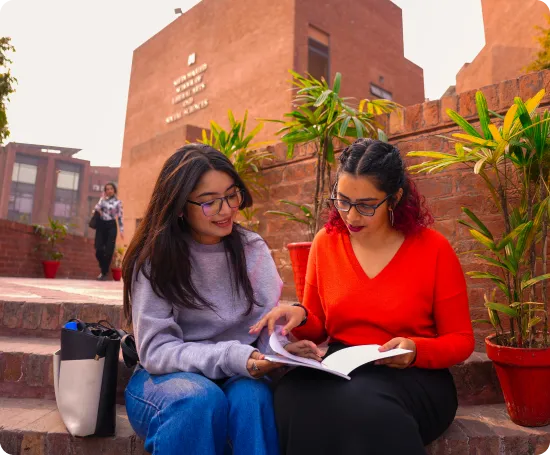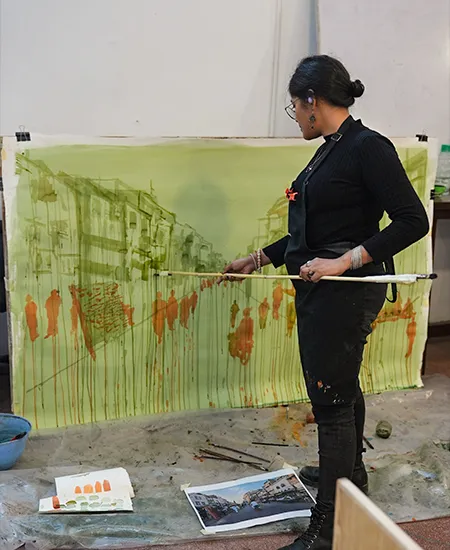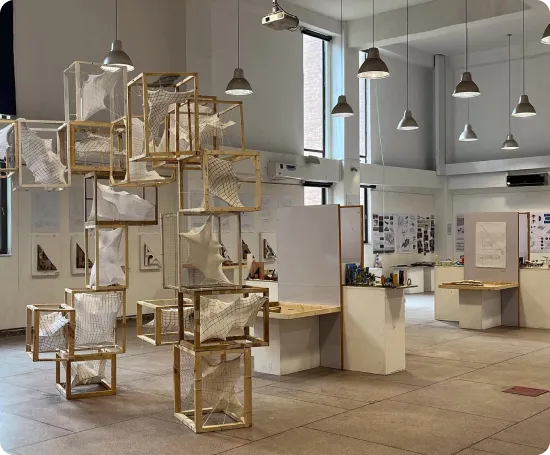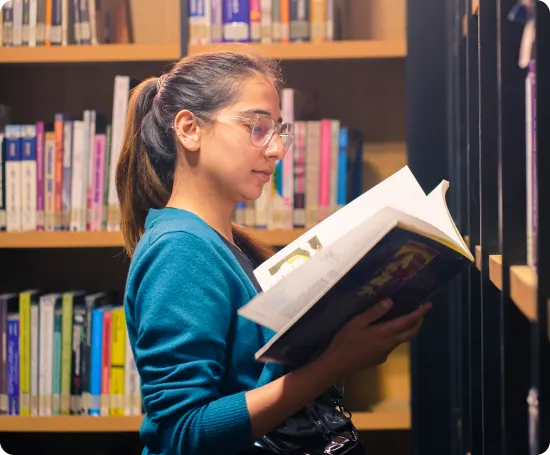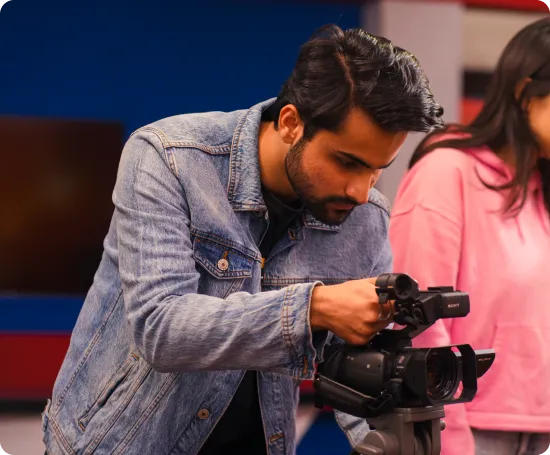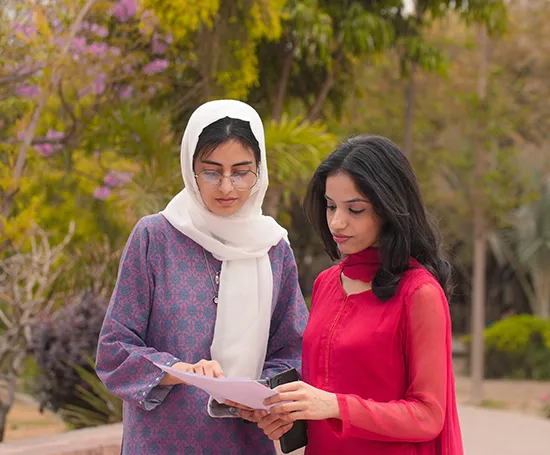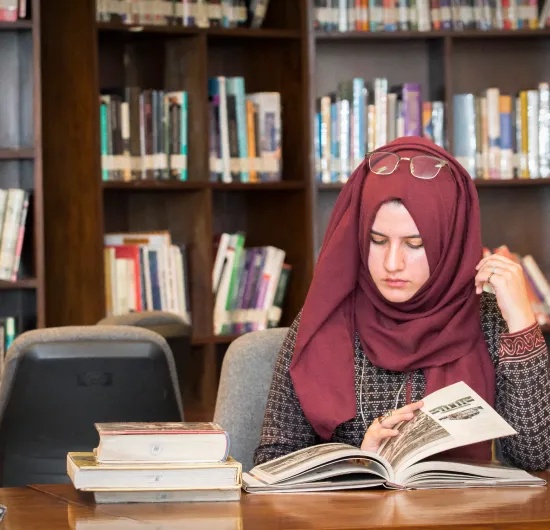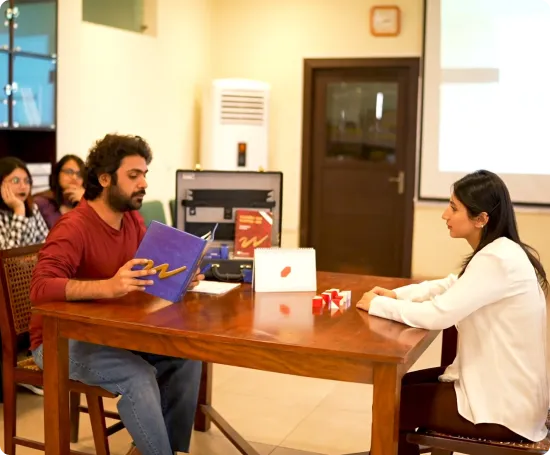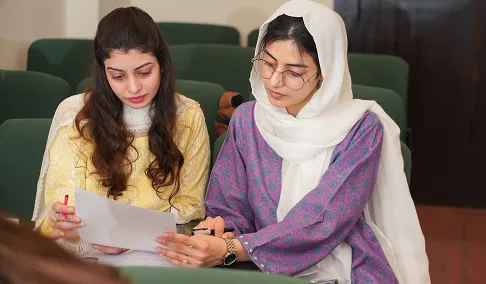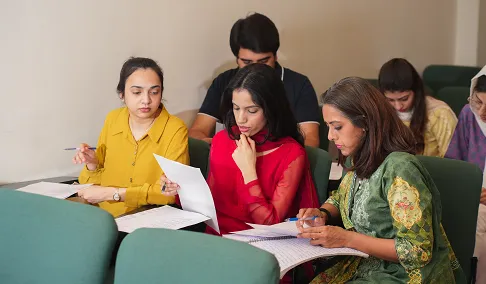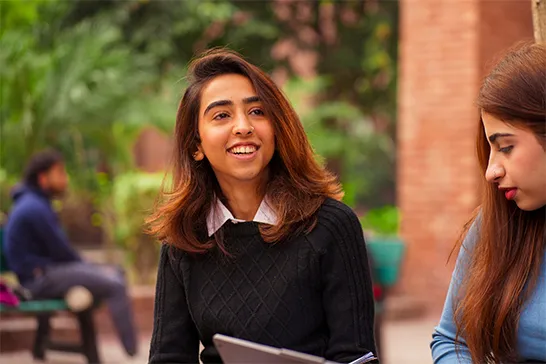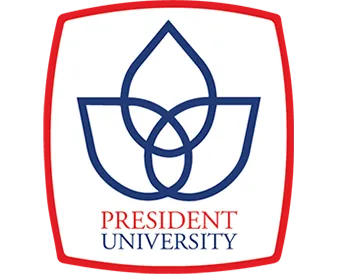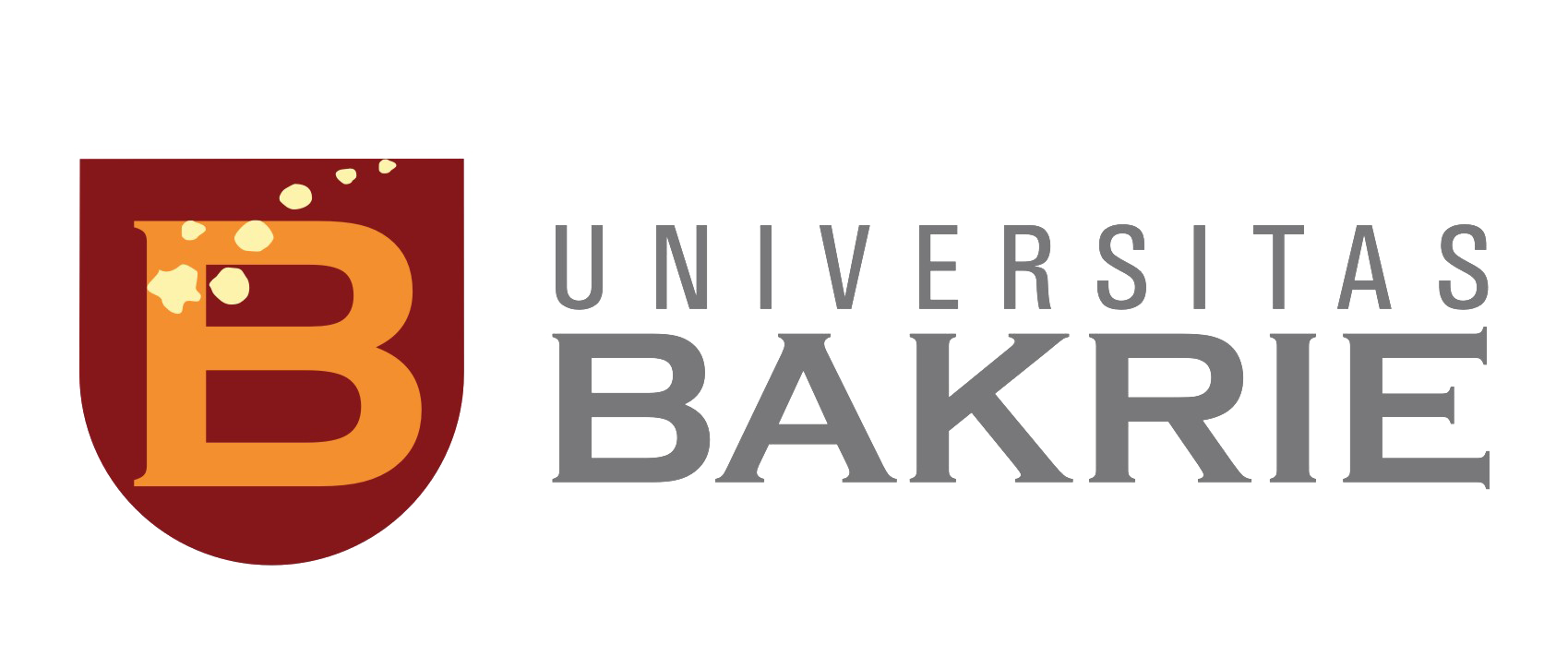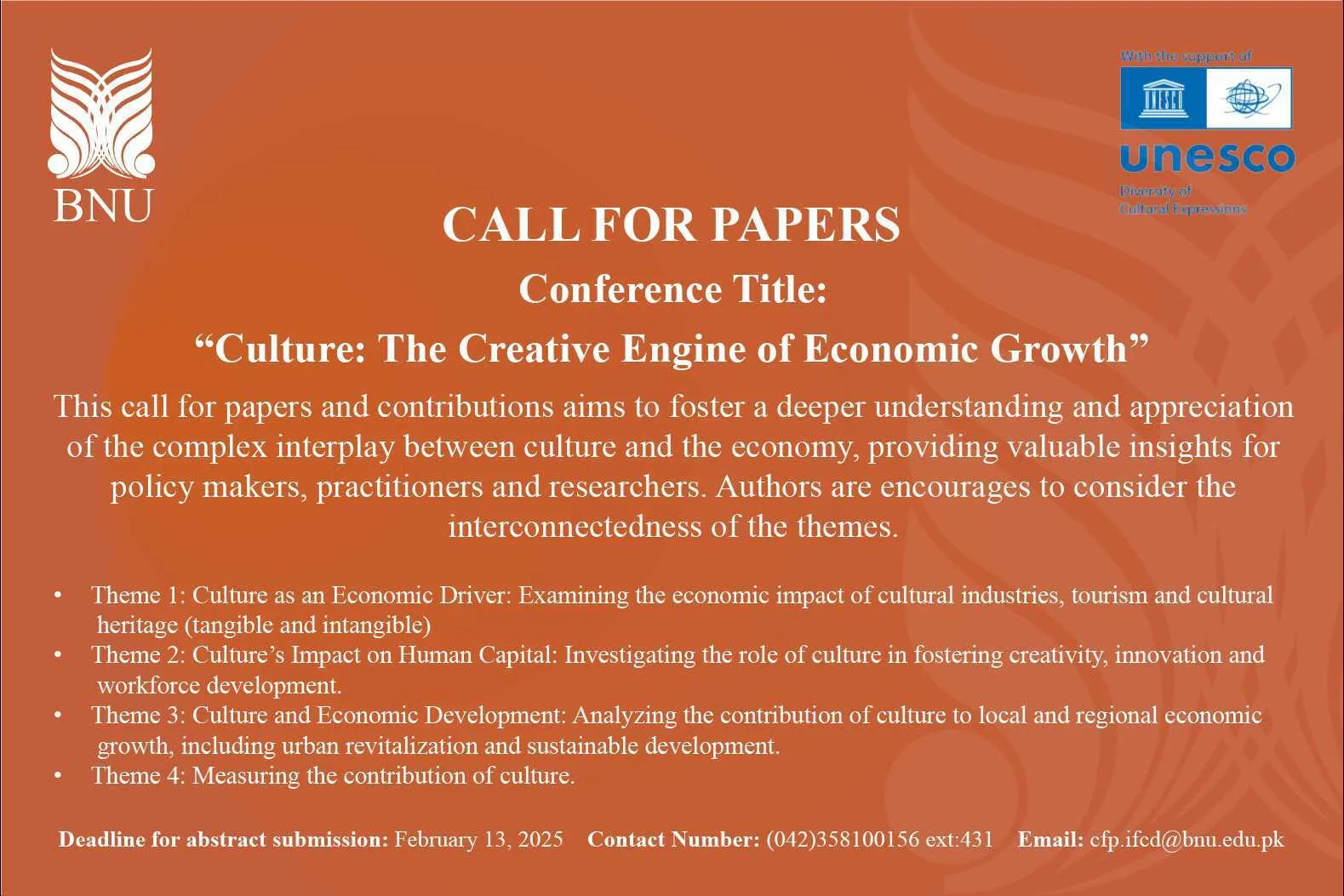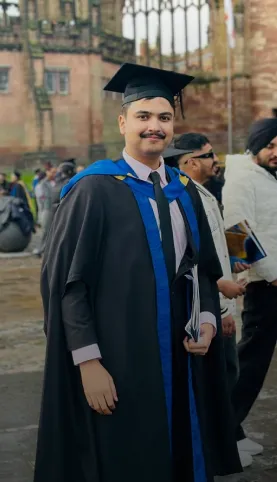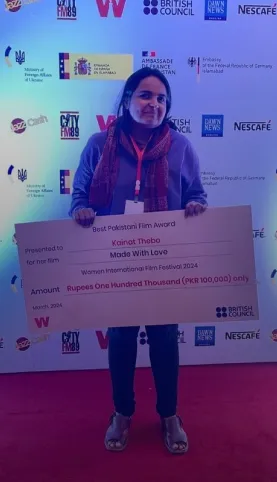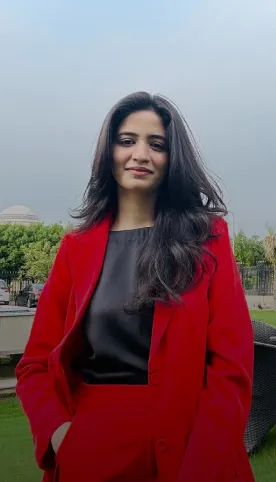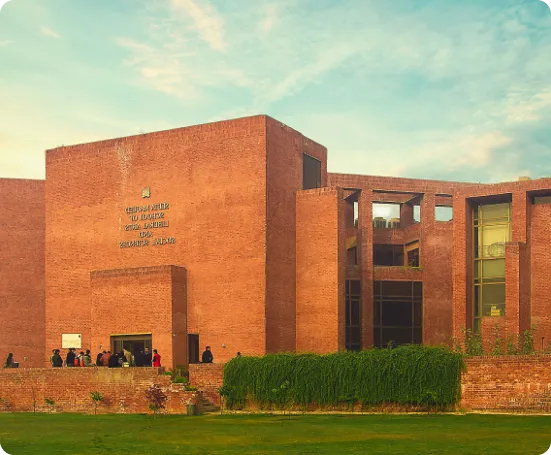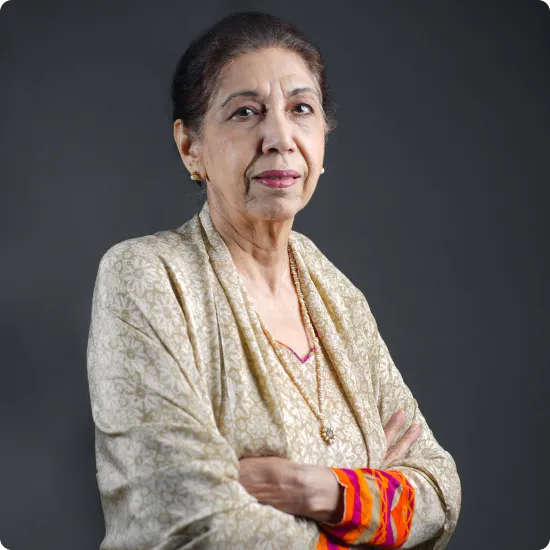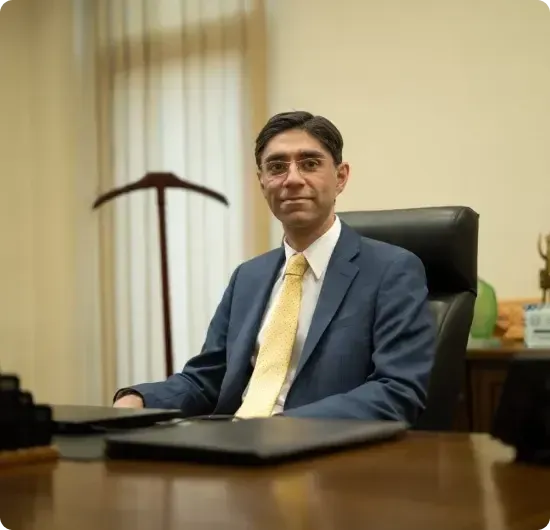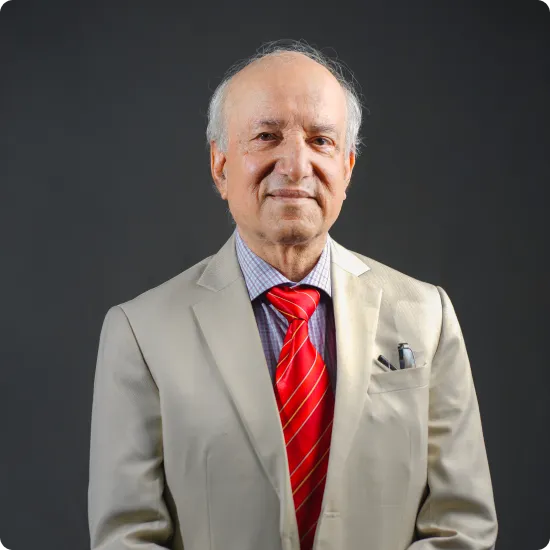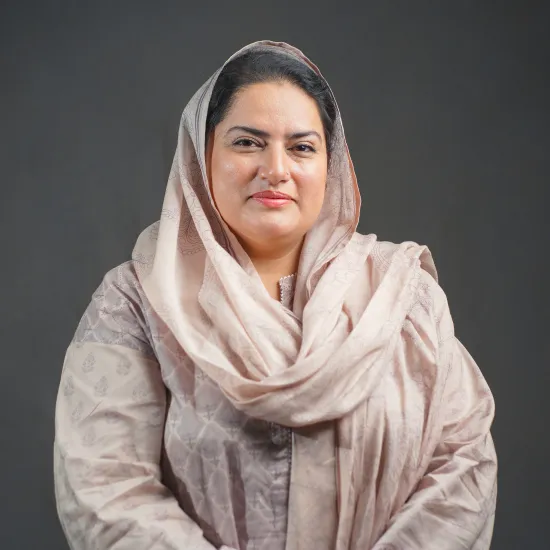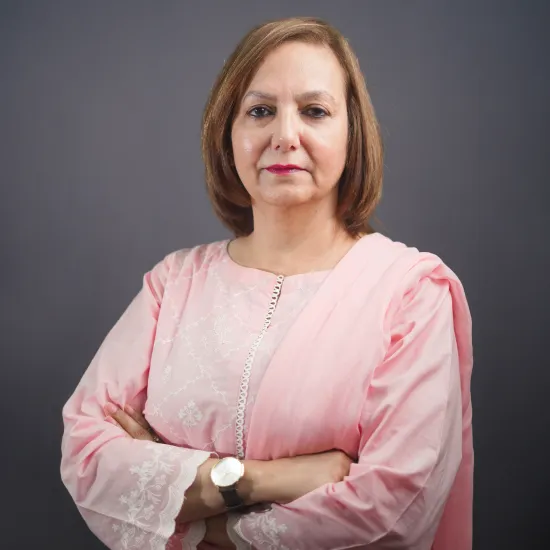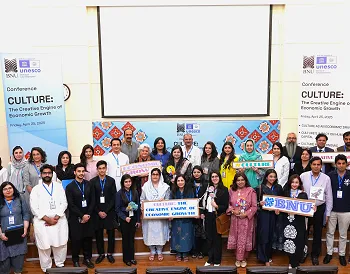 UNESCO Conference on Strengthening Data for Cultural and Creative Industries Policy
UNESCO Conference on Strengthening Data for Cultural and Creative Industries Policy
The conference brought together a distinguished gathering of academics, scholars, civil society representatives, and officials from multilateral organizations including UNESCO and UNDP. Researchers from various educational institutions across Lahore also participated, making the event a vibrant platform for dialogue on the economic significance of Pakistan’s cultural and creative sectors. The day's sessions opened with two thematic panels — The Economics of Culture and The Impact of Culture — featuring presentations from national scholars on topics ranging from the role of traditional crafts and the film industry to the potential of Pakistan's tourism and secondhand retail sectors. Mr. Zaeem Yaqoob Khan, Project Lead of the UNESCO IFCD Project and Executive Director at BNU, shared an in-depth progress report on the definition and instrument development exercises undertaken by the project team. He also outlined the learnings from the pilot study and the ongoing field rollout activities planned to validate new tools for data collection. Senior Expert and Project Co-Lead, Dr. Izza Aftab, presented preliminary findings from the provinces of Balochistan, Khyber Pakhtunkhwa, and Gilgit-Baltistan. She highlighted the emerging economic contributions of various CCI sectors, including music, festivals, food, gaming, textiles, and artisanal crafts, as captured through newly validated instruments. The conference concluded with an engaging panel conversation featuring celebrated figures in the arts and academia — Professor Salima Hashmi, Dr. Tamkenat Mansoor, photographer and cultural practitioner Khaula Jamil, and creative strategist Yaser Awan — who shared insights on amplifying Pakistan’s cultural sector and building sustainable creative economies. This conference marks a significant milestone in the broader effort to generate evidence-based policymaking for the cultural and creative industries in Pakistan and affirms BNU’s leadership role in cultural policy research and advocacy.
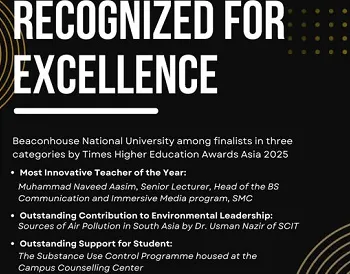 BNU Recognized Among Finalists at THE Awards Asia 2025
BNU Recognized Among Finalists at THE Awards Asia 2025
BNU’s nominations include Most Innovative Teacher of the Year, awarded to Muhammad Naveed Aasim, Senior Lecturer and Head of the BS Communication and Immersive Media program at the School of Media and Mass Communication, for his pioneering teaching methodologies. Outstanding Contribution to Environmental Leadership has been secured by Dr. Usman Nazir of the School of Computer & IT for his research on Sources of Air Pollution in South Asia, which provides critical insights into addressing regional environmental concerns. Additionally, the Outstanding Support for Students category recognizes the Substance Use Control Programme at BNU’s Campus Counselling Center for its vital role in promoting student well-being and fostering a supportive academic environment. This remarkable achievement is a testament to the hard work, passion, and dedication of the entire BNU community. We take pride in our faculty and initiatives that continue to make a meaningful impact in academia and beyond.
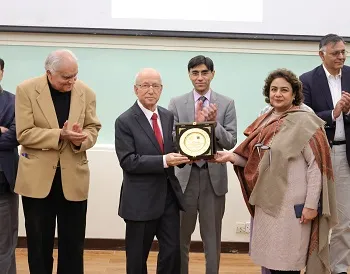 Tribute Ceremony Honoring Dr. Tariq Rahman
Tribute Ceremony Honoring Dr. Tariq Rahman
Dean Dr. Amra Raza opened the ceremony by highlighting Dr. Rahman’s unparalleled legacy and sharing excerpts from his diverse writings, reflecting his profound knowledge. A documentary beautifully captured his journey from army life to receiving prestigious awards and serving as Dean at BNU, showcasing his transformative impact on education and linguistics. Distinguished speakers shared heartfelt anecdotes: Vice Chancellor Dr. Moeed Yousaf reflected on Dr. Rahman’s inspiring leadership and meaningful connections, while Dr. Tahir Kamran delivered a soulful and humorous address, evoking smiles and tears. Dr. Akmal Hussain, Dr. Muhammad Waseem, and Ms. Shabana Ahmed eloquently spoke about his profound mentorship, humanitarian nature, and ability to inspire through wisdom and kindness, leaving the audience visibly moved. Known for his exceptional mannerisms and intellectual brilliance, Dr. Rahman’s legacy was celebrated with warmth and admiration. The event concluded with the Vice Chancellor presenting a shield to Dr. Rahman, who expressed heartfelt gratitude and shared his hopes for the School of Education’s continued success in advancing academic excellence.
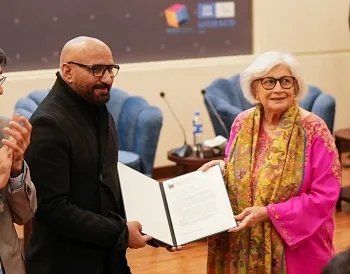 BNU Inaugurates UNESCO Chair on Inclusion Through Art
BNU Inaugurates UNESCO Chair on Inclusion Through Art
The UNESCO Chair, led by internationally acclaimed artist Professor Rashid Rana as the first Chair holder, aims to break boundaries, generate knowledge, and build equitable societies. During the inauguration ceremony, Professor Rana outlined a visionary approach to leveraging art as a means of empowerment and education, emphasizing BNU's role in leading this transformative initiative. With its strong foundation in liberal arts and creative disciplines, BNU stands as an ideal platform to advance UNESCO's mission. As part of the global UNESCO Chairs Programme—launched in 1992 with over 1,000 Chairs in 120 countries, including eight in Pakistan—this initiative aligns with themes of climate change, digital transformation, and now, inclusion through art. The establishment of this Chair not only enhances BNU's global engagement but also reinforces its dedication to using art as a powerful tool for innovation and societal development. This recognition marks a significant step forward in promoting inclusion and creating meaningful impact through academic and creative excellence.

